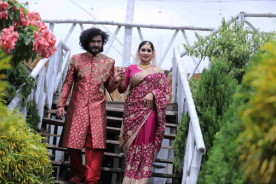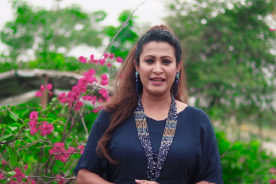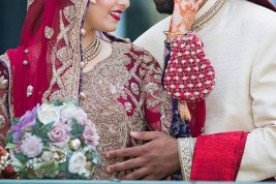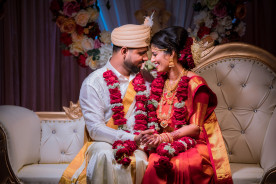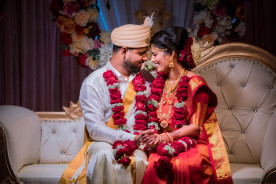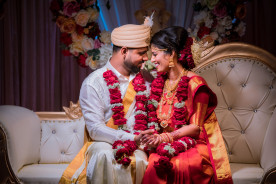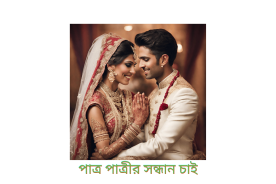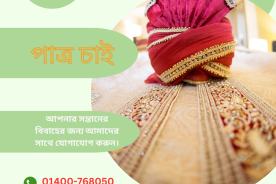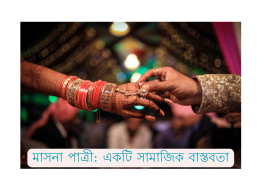Islamic Matrimony: Navigating Love and Faith on the Path to Marriage
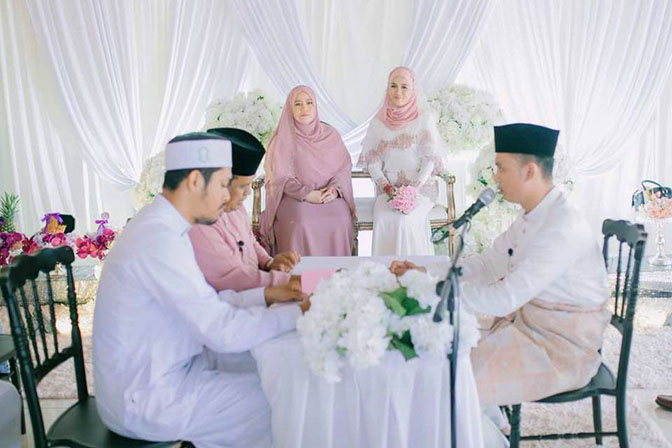
In the Islamic tradition, marriage is considered a sacred union that brings two individuals together not only in love but also in their commitment to their faith. Islamic matrimony, guided by the principles of Islam, is a journey that involves deep respect, shared values, and a mutual desire to build a life that is pleasing to Allah. This blog explores the significance of Islamic matrimony and the values that underpin this beautiful journey.
The Foundation of Islamic Matrimony:
Islamic matrimony is rooted in the teachings of the Quran and the Hadith (sayings and actions of Prophet Muhammad). The Quran emphasizes the importance of marriage as a means to attain tranquility and companionship, stating, "And of His signs is that He created for you from yourselves mates that you may find tranquility in them, and He placed between you affection and mercy." (Quran, 30:21)
1. Shared Faith and Values:
One of the fundamental principles of Islamic matrimony is the importance of shared faith and values. Muslims are encouraged to marry individuals who share their commitment to Islam, as this facilitates a harmonious partnership built on a common understanding of religious obligations and moral values.
2. Mutual Respect and Kindness:
Islamic teachings stress the importance of treating one's spouse with respect and kindness. The Prophet Muhammad (peace be upon him) said, "The most perfect of believers in belief is the best of them in character. The best of you are those who are the best to their women." (Tirmidhi)
3. Equal Partnership:
Islamic matrimony promotes the concept of equal partnership, where both spouses contribute to the family's well-being, both emotionally and materially. This principle is exemplified in the Quran, which describes spouses as "garments" for each other, symbolizing protection, comfort, and intimacy.
4. Commitment to Family and Children:
Islamic marriage places a strong emphasis on building a family and raising children in an environment that nurtures their faith and character. The family unit is seen as a cornerstone of society, and spouses are encouraged to support each other in fulfilling their roles as parents.
5. Seeking Allah's Blessings:
The act of marriage is considered an act of worship in Islam, and seeking Allah's blessings and guidance is an integral part of the process. Muslims are encouraged to invoke Allah's assistance in finding a suitable life partner and embarking on this journey with sincerity and humility.
Conclusion:
Islamic matrimony is a journey of love, faith, and partnership that holds a special place in the hearts of Muslims. Guided by the teachings of the Quran and the Sunnah, this sacred union is a testament to the beauty of a relationship built on shared values, mutual respect, and a commitment to living a life that is pleasing to Allah. As Muslims navigate the path to marriage, they are reminded that their union is not only a source of personal happiness but also a means to attain spiritual growth and tranquility in the embrace of their faith.

